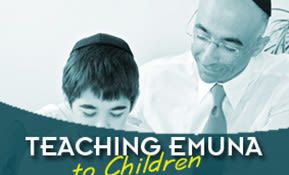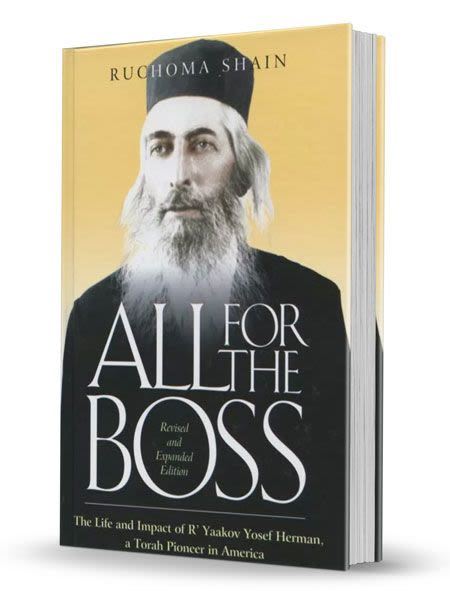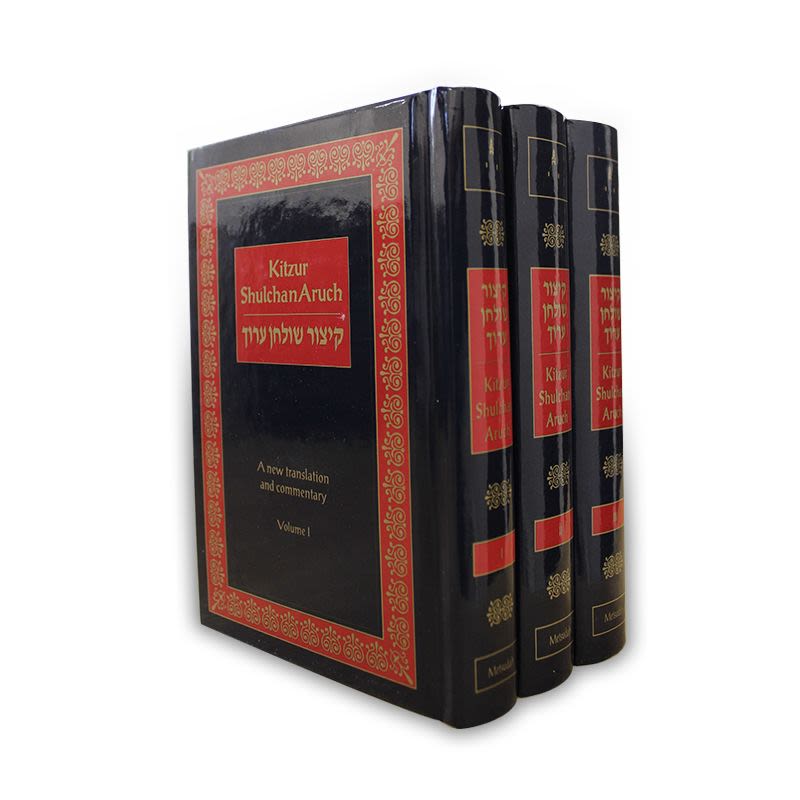
The Right Influences
All the principles our mother taught us were never forced upon us, but transmitted through stories, conversations and behaviour that was reinforced by what we learnt in school.

Decisions for a Lifetime, Part 8
It’s obvious that even when you educate your children properly at home, your children need the right influences. Education can all be undone very quickly if children do not attend the right school or have good friends.
Chinuch – good old Jewish child education – is a multi-pronged education that encompasses all facets of a child’s life – home, school, and friends – in fact every waking moment of their day.
 You should be aware who your children’s teachers and role models are in school. Who are their class-mates (yes, even that) and their friends after school? Where do they go and what do they do in their free time?
You should be aware who your children’s teachers and role models are in school. Who are their class-mates (yes, even that) and their friends after school? Where do they go and what do they do in their free time?I was always very careful which friends’ homes my children visited because I didn’t want all the hard work I had invested in them at home to be undone, or even just blunted, in other peoples’ houses.
Let me tell you that my mother ob”m was always careful whom we befriended and she always knew where we were every minute of the day. Every time we went anywhere we had to tell her where we were going, who with, how we were going and coming, and when we would be home. When we arrived at our destination we also had to phone home that we had arrived safely.
And we accepted totally that this was how ehrliche kinder – G-d-fearing children – were supposed to behave because we had learnt and absorbed that this was how ehrliche kinder, especially girls, had always behaved throughout the generations.
We had all learnt in school how Dinah, the daughter of Ya’akov, was a curiosity seeker and the troubles that befell her. Our mother explained, without going into too much detail, that this had happened because she had gone out when she shouldn’t have without her mother’s permission; because of this she was unaware of the dangers that awaited her. Our mother told us that it was the duty of a good girl to always let her parents know where she was and who she was with. We certainly didn’t feel stifled – rather the opposite, we felt it was wrong if we didn’t tell our parents where we were going.
All the principles our mother ob”m taught us were never forced upon us, but transmitted through stories, conversations and behavior which was reinforced by what we learnt in school.
Regarding allowing children out alone, I too monitored my children the way my mother ob”m had done, but because other children were allowed more freedom by then, one of my daughters went through a stage where she questioned our close supervision of her activities. She used to say “but don’t you trust me mummy”, or “all my friends are allowed to go, why can’t I”? Out of “all” her friends perhaps one or two were actually allowed out alone, and I explained very clearly to her that I considered this to be “hefkerus” – wantonness – on their part.
I explained to my children many times that they were like precious diamonds, and precious stones are kept secure and well-looked after. I told them that Jewish kinder are b’nei melochim – royal sons and daughters – and b’nei melochim are protected and chaperoned and not left to wander the streets alone. I also explained to them that it was a bad world out there (without going into too much detail) and for that reason I felt they needed to be protected. My children always knew that Jewish kinder do not roam the streets getting into trouble like other children do.
I do not drive, and if ever I had to send my children anywhere by taxi I never let them travel alone; I always accompanied them and then fetched them when they were ready to come home, at a great cost of time, convenience and money. And because I was consistent in this, my children felt secure and protected, and accepted that I really was concerned for their welfare.
Part of this policy was that my daughters did not go shopping themselves. I always accompanied them because it was my policy, but also because I wanted to be on hand to discreetly guide their taste in the right direction. I explained to my daughters that salesladies are not primarily interested in the client’s welfare; they are interested in making a sale. And therefore it was in their best interest that I help them in deciding whether the item in question was as nice, well-fitting and modest as the saleslady claimed it was.
But today all this will only be accepted if your children genuinely feel that you really care about them above all else and that they are the most important thing in your life. It is a relationship that is built slowly by showing continuous concern for their well-being and caring about every part of their lives – and above all else – being absolutely consistent in your behavior. Otherwise children will see your concern for their safety as interference in their lives.
As you can see Chinuch is not a quick or easy job; it takes a lot of thought and hard work and it is an all-consuming (and time-consuming) battle for your children’s future from the day they are born until they leave your home; from the day you begin your children’s “education” you must be steadfast in your principles and stick to them.
I wish you all the greatest success in raising your children as good, upright G-d-fearing people. May you merit to see your children grow up to be a credit to all your hard work.












Tell us what you think!
Thank you for your comment!
It will be published after approval by the Editor.